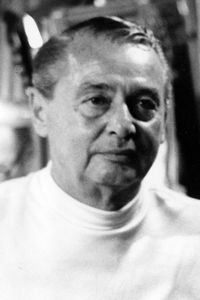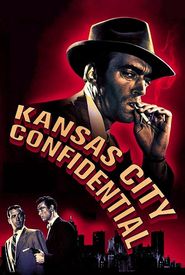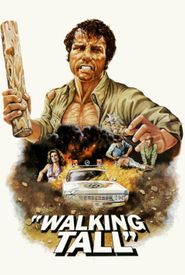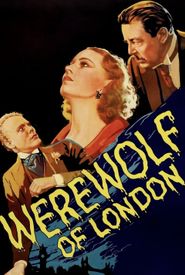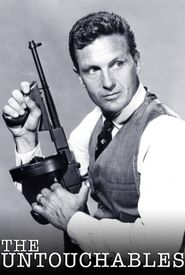Phil Karlson's journey in the film industry began while he was a law student at Loyola Marymount University in California. He landed a job at Universal Pictures as a prop man, and subsequently took on various roles, including assistant director on several Bud Abbott and Lou Costello films, and director of short subjects.
Karlson's big break came in 1944, when he was given the opportunity to direct feature films. Initially, he worked for low-budget studios such as Monogram and Eagle-Lion, where he directed several films in the Bowery Boys and Charlie Chan series. Despite working for lower-budget studios, Karlson's films were already notable for their concise, tightly-wound scenes and sudden bursts of action.
The 1950s saw Karlson make a name for himself with a series of gritty, realistic, and violent crime films that were praised for their location shooting and attention to detail. These films were a significant departure from the typical B-pictures of the time, and showcased Karlson's unique style and ability to craft compelling, suspenseful stories.
Although Karlson's films were well-received, he was never able to capitalize on their success and elevate himself to the top tier of filmmakers. Instead, he continued to work on a variety of projects, including the medical drama The Young Doctors (1961),the boxing film Kid Galahad (1962),and a pair of films in the Matt Helm series starring Dean Martin.
It wasn't until the release of Walking Tall (1973) that Karlson achieved his greatest commercial success, and became a wealthy man as a result of owning a significant portion of the film.
